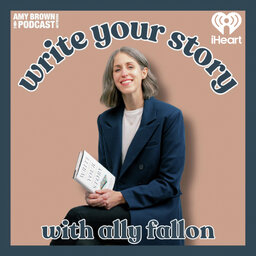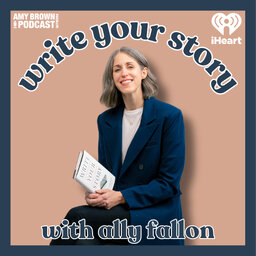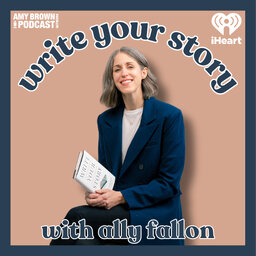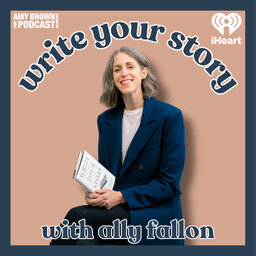Avoiding Suffering Is Hindering Your Story (and Your Life)
I had a conversation with a friend recently about raising boys (of all things) that reminded me of something I already know: a story without conflict or tension is not a story.
So why are so many of us trying to avoid conflict and tension in our lives?
Sure, problems are unpleasant to deal with but tiptoeing around potential problems causes a story (read: a life) to fall flat. A story without tension or conflict is uninteresting, dull and even a bit depressing.Problems are an essential ingredient to great, inspiring stories. It’s time we acknowledged that life is full of them and stopped wishing them away.
Host: Ally Fallon // @allyfallon // allisonfallon.com
 Write Your Story with Ally Fallon
Write Your Story with Ally Fallon


